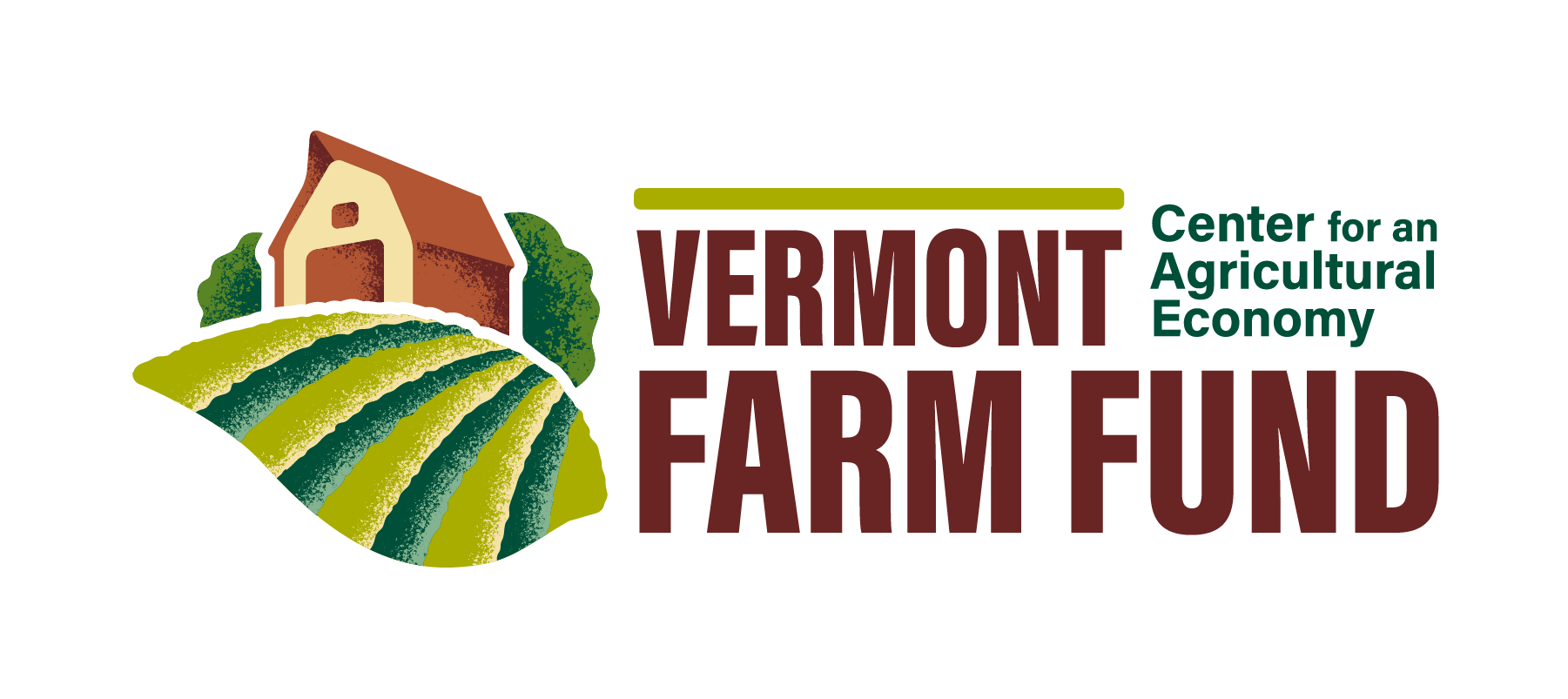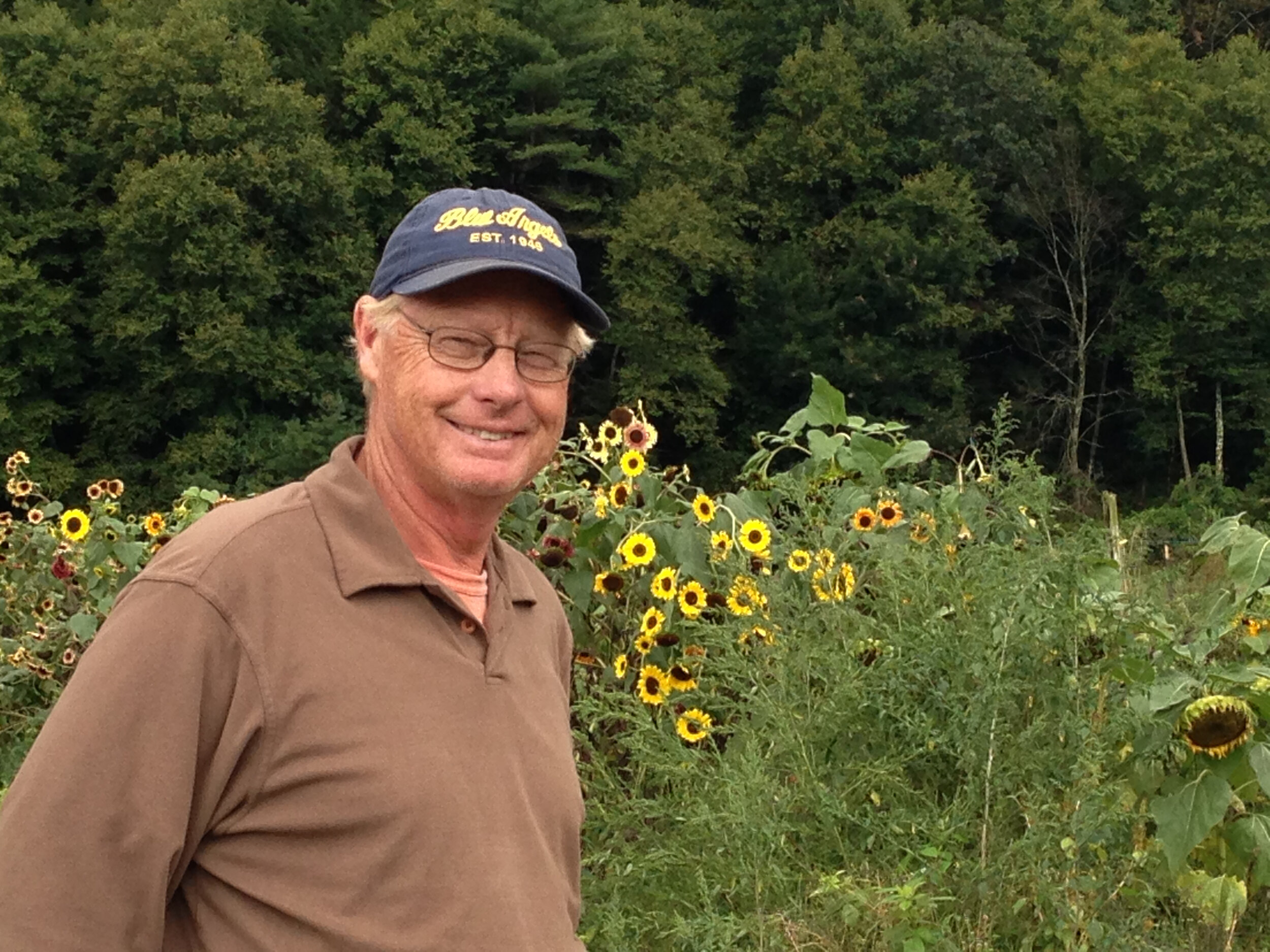Harlow Farm
Business Focus
Third generation, 150-acre diversified farm. A pioneer in the organic movement, Harlow went certified organic in 1985.
Loan Summary
Harlow Farm was having a banner year in 2011 until Tropical Storm Irene caused the Connecticut River across the road to back up over its levies. The floodwaters rendered 60%-70% of Harlow’s crops in the field unsalable.
The Backstory
Paul Harlow
Paul Harlow’s grandfather began farming this same piece of land in 1917. Originally focused on dairy, the last of the cows were sold off in 1965. Paul picked up the vegetable farming in 1974 and started dabbling with organic practices in 1975.
Selling their produce under the label Westminster Organics, Harlow Farm has become one of the largest organic vegetable producers in Vermont, providing seasonal jobs for some 30 community members and several full time workers.
Even though Irene saturated the area with 4 inches of rain on Sunday, the farm was in good shape until about 7am on Monday morning when the river overtook its banks. Paul used the bucket loader to build a dam while the rest of the crew furiously rescued kale from the field. The dam may have slowed things down a bit, but the water moved from basin to basin, covering the entire plot of land by 1pm and leaving virtually nothing to sell all winter.
The Bottom Line
All tallied, Harlow lost upwards of $250,000 in expected revenue and had to lay off its workers until spring.
Paul was cobbling together a combination of bank loans and grants when he found out about the Vermont Farm Fund. The $10,000, 0% Emergency loan helped knock back some of the interest Paul had to pay on the bank loan at a time when every dollar counted.
Unlike most lending institutions, securing a loan from the VFF was mercifully easy and very fast.
The farm has recovered since the flood and was declared safe from heavy metals and other residues. However, Paul still struggles with crab grass outbreaks and lingering plant diseases deposited by the flood, limiting the varieties of produce he can successfully grow in the flood plain. To help compensate, the farm has purchased another 150+ acres of farmland on higher ground. Paul is optimistic about the future of Harlow Farm and is even grooming his successors to ensure the tradition of feeding his community lives on.


